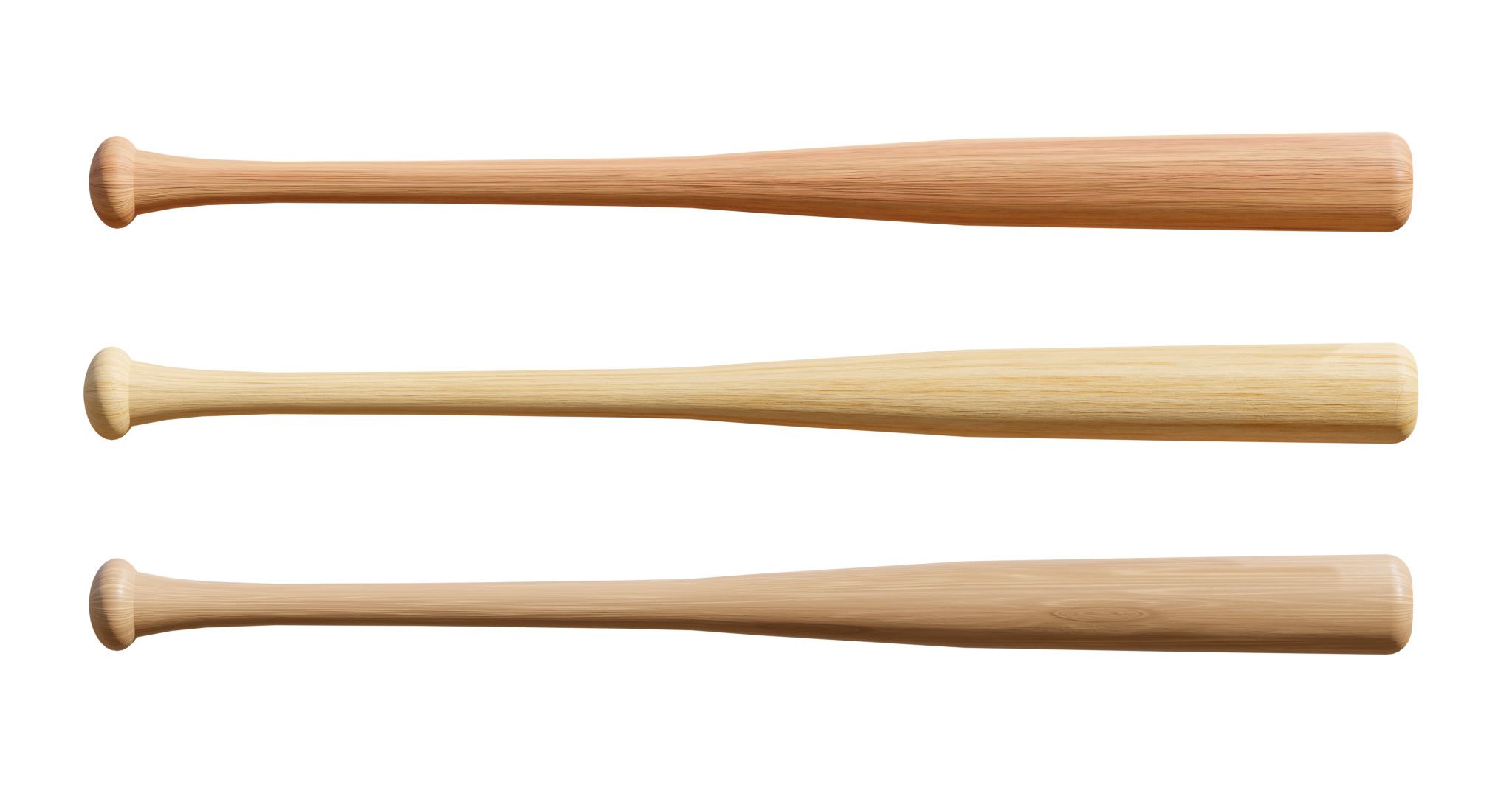Baseball Myths Debunked: Separating Fact from Fiction
Baseball Myths Debunked: Separating Fact from Fiction
Baseball, often dubbed America's pastime, is steeped in tradition and lore. Over the years, many myths have emerged, shaping the way fans perceive the game. But how many of these beliefs truly hold water? Let’s dive into some of the most common baseball myths and separate fact from fiction.

Myth: Curveballs Don’t Actually Curve
One of the most persistent myths in baseball is that curveballs don't actually curve. This notion likely stems from early skepticism when pitchers first started using this technique. In reality, a well-thrown curveball does indeed curve, thanks to the Magnus effect, which causes the ball to dip and move sideways due to its spin. Scientific studies and high-speed cameras have consistently proven this phenomenon.
Pitchers rely on this movement to deceive batters, making it one of the most effective pitches in their arsenal. The ability to master a curveball can greatly influence a pitcher’s success on the mound.
Myth: The Best Hitters Use Heavier Bats
Another common belief is that heavier bats lead to better hitting. While it might seem logical that a heavier bat would send the ball farther, this isn't always the case. Many successful hitters actually prefer lighter bats, which allow for quicker swings and better control. The key is finding a bat that offers the right balance for the player’s unique style and strength.

In fact, players like Babe Ruth and Hank Aaron achieved their legendary status not just through power, but by using bats that complemented their technique. Today, players often experiment with different weights during practice to optimize their performance.
Myth: Left-Handed Catchers Can’t Succeed
A prevalent myth in baseball is that left-handed catchers can't succeed at the professional level. Historically, there has been a scarcity of left-handed catchers in Major League Baseball, leading to the belief that they are at a disadvantage. However, there is no inherent reason why left-handed catchers can't be successful. The rarity is more a product of tradition and positional norms than actual disadvantage.
The few left-handed catchers who have played professionally have proven that with skill and determination, they can perform just as well as their right-handed counterparts. The key lies in agility and game awareness rather than which hand is dominant.

Myth: A Pitcher's Win-Loss Record Accurately Reflects Their Skill
Many fans and analysts still judge pitchers by their win-loss record, but this can be misleading. A pitcher's record often depends more on their team's overall performance than on their individual skill. Factors like run support from teammates, bullpen effectiveness, and even defensive plays significantly impact these statistics.
Instead, metrics like ERA (Earned Run Average), WHIP (Walks plus Hits per Inning Pitched), and strikeout rates offer a more accurate reflection of a pitcher’s abilities. These numbers provide insight into how well a pitcher controls the game independently of their team’s performance.
Myth: You Can’t Steal First Base
The saying "You can't steal first base" is often used to emphasize the importance of getting on base before worrying about stealing others. However, this phrase has taken on a literal interpretation that isn’t entirely accurate. While it's true that you cannot "steal" first base in the traditional sense, players can reach first base without hitting the ball through walks or being hit by a pitch.

Moreover, in recent years, some experimental leagues have introduced new rules allowing players to "steal" first on any pitch not caught cleanly by the catcher. This rule change aims to increase excitement and bring an innovative twist to the traditional game.
In conclusion, baseball is filled with myths that often obscure the true nature of the game. By debunking these misconceptions, fans can gain a deeper appreciation for the sport's intricacies and enjoy it in its purest form. Understanding fact from fiction not only enhances your enjoyment of the game but also enriches your knowledge of baseball history and tactics.